A relic of the Cold War, this tune was composed in 1955 by Vasily Solovyov-Sedoy under the title “Leningrad Nights,” but later at the request of the Soviet Ministry of Culture was renamed "Moscow Nights" with corresponding changes to poet Mikhail Matusovsky’s lyrics.
For the first half dozen years of its life, the song was known primarily in the Soviet Union, where a young actor named Vladimire Troshin recorded it in 1956 for a scene in a documentary about Soviet athletic competition. Honestly, the film did nothing to promote the song, but thanks to radio broadcasts it gained popularity.
The melody hit the big time in the U.S. in November 1961 when trumpeter Kenny Ball and his Jazzmen recorded it under the title "Midnight in Moscow.” For the recording, Ball was inspired by an arrangement he heard by a Dutch jazz group called “The New Orleans Syncopators” who recorded the melody earlier that year.
Ball’s version peaked at No. 2 on both the U.S. and U.K. pop singles charts and spent three weeks at No. 1 on the American easy listening chart.
Chad Mitchell Trio Controversy
In 1962, at the height of the folk revival in the United States, “Moscow Nights” was recorded by The Chad Mitchell Trio on their popular live performance album At the Bitter End on Kapp Records.
And thereby hangs a tale, as reported by author Mike Murphy in his 2021 book We Never Knew Just What It Was: The Story of the Chad Mitchell Trio. When the album was released, the guys were on a three-month tour of Central and South America sponsored, not by the U.S. State Department, but rather by the American National Theater Academy.
That sponsorship became relevant when in mid-tour state department officials showed up and tried to supervise the shows. When the trio reached Rio de Janeiro, the singers were met by some surly officials from the U.S.’s Brazilian embassy. Following the performance, one of the newcomers hustled the guys into an empty room.
“What do you think you’re doing,” he said, “singing that Russian song?”
The group actually did several foreign language tunes. The parents of the trio’s Mike Kobluk, who had emigrated to Canada from Russia, had long loved Russian music and often helped their son phonetically learn native songs.
“Russian song?” said Chad. “You mean ‘Moscow Nights’? What’s wrong with it?”
“Don’t you understand what’s happening in the world?” the angry official said. “We’re here fighting the spreading influence of communism. And you think you’re going out to all the villages and sing an anti-American song?”
“It’s not an anti-American song,” Kobluk interjected. “It’s a song about friends having dinner in Moscow.”
“It’s Russian!” the official shouted.
As Murphy notes in his book, “Chad, whose fuse was shorter than either Mike or Joe (Frazier), responded accordingly. ‘Wait a minute. You can’t dictate what we sing or don’t sing. We’re not here representing the State Department.”
The official stomped out with ominous last words: “We’ll see about that.”
At all the subsequent stops, The Michell Trio continued to defiantly do “Moscow Nights.” Finally, in São Paulo, the State Department’s Jim Salyers — who himself spoke a little Russian — caught up with them and accompanied them for the next two weeks of the tour so he could closely listen each night.
After that, his verdict? “Love the song,” Salyers said, adding with a chuckle, “Keep doing it with your State Department’s blessing.” (He was not, incidentally, as happy with the group’s performing its controversial “The John Birch Society,” but that’s a story for another time.)
Pamela the Folksinger
As a young folksinger in college, Flood manager Pamela Bowen had her own special relationship with “Moscow Nights.”
A consummate Chad Mitchell Trio fan, Pamela devoted many hours to a close listening to the group’s albums. In particular, she painstakingly studied their performance of “Moscow Nights.” Her goal was to duplicate the trio’s precise pronunciation of Matusovsky’s lyrics so she could perform the same song at folk music shows at Marshall University, where she was a journalism student.
Pamela even brought the song to television when she performed it on a local talent show that aired in 1966. There her diligent research was recognized when a Russian-speaking member of the audience sought her out to complement not only her performance, but the accuracy of her hard-earned pronunciation. Alas, neither audio nor video of her performance survives.
Our Take on the Tune
Pamela had long retired her folksinging by time her Flood fellows took up “Moscow Nights,” so she could offer no guidance on those tricky Russian nouns, verbs and adjectives. Consequently, the tune today is an instrumental in The Flood oeuvre, drawing inspiration from Kenny Ball and all the jazz innovations that followed.
It all started last fall when Charlie, practicing his five-string, stumbled upon the old melody. When he shared it with the group, Danny Cox immediately found it offered lots of a stretching-out room. The tune — performed here at a recent rehearsal — is a welcome change of a pace on a busy night.
Another Date with Danny
Finally, if your Friday could use more of Dan Cox’s musical explorations, we’ve got you covered. Visit the Danny Channel on the free Radio Floodango music streaming service.

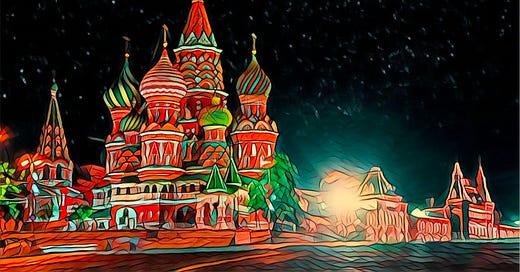



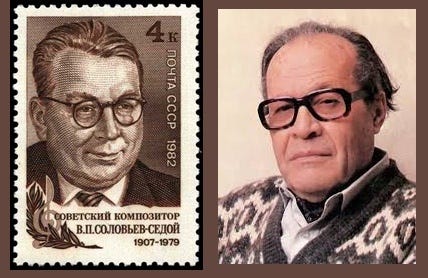
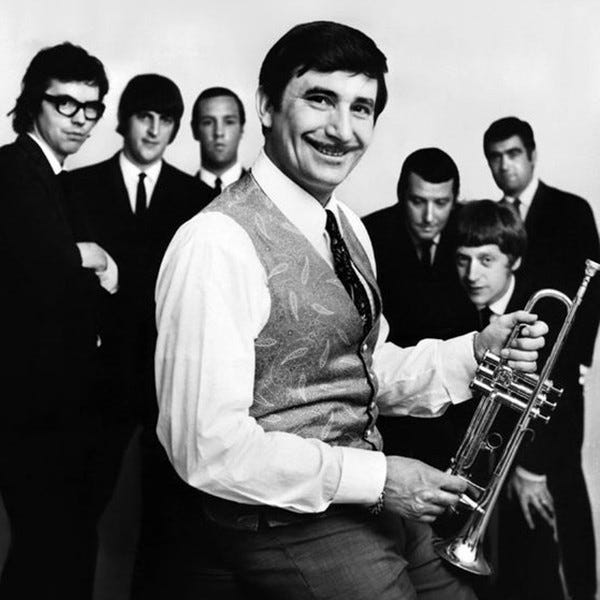
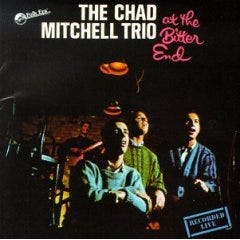
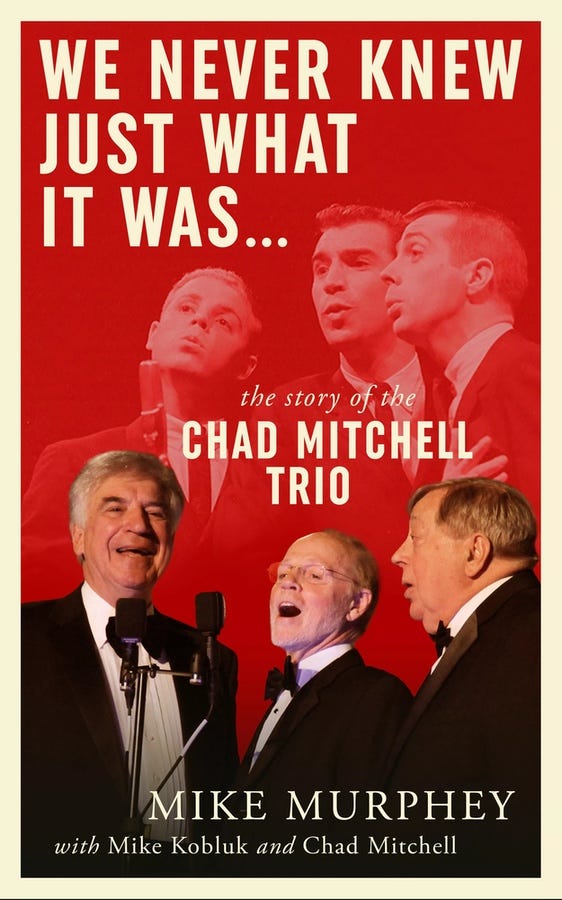

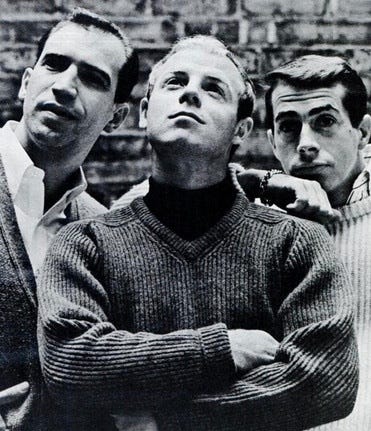
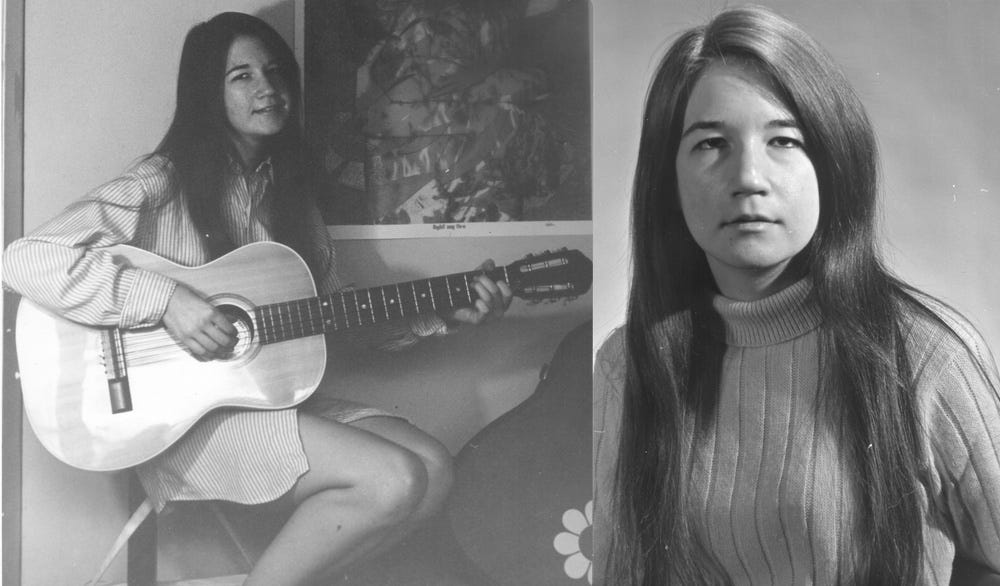
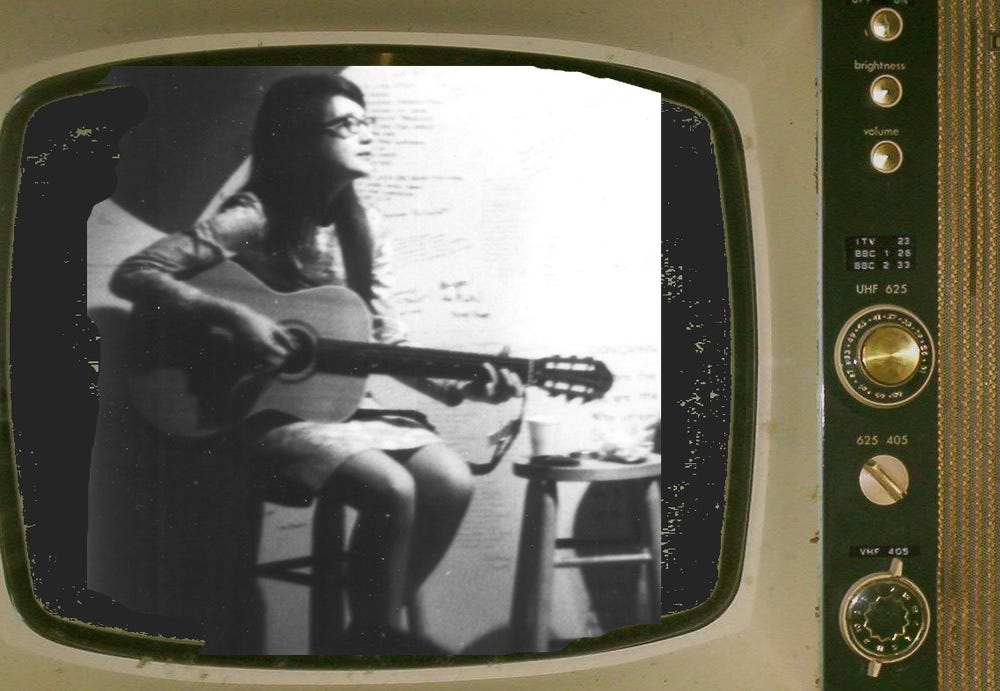
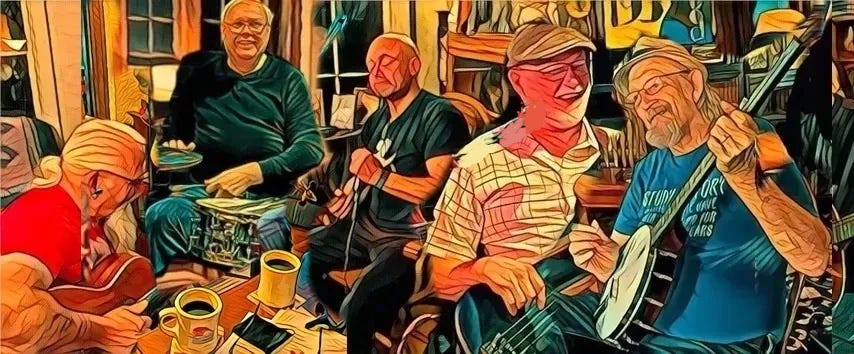
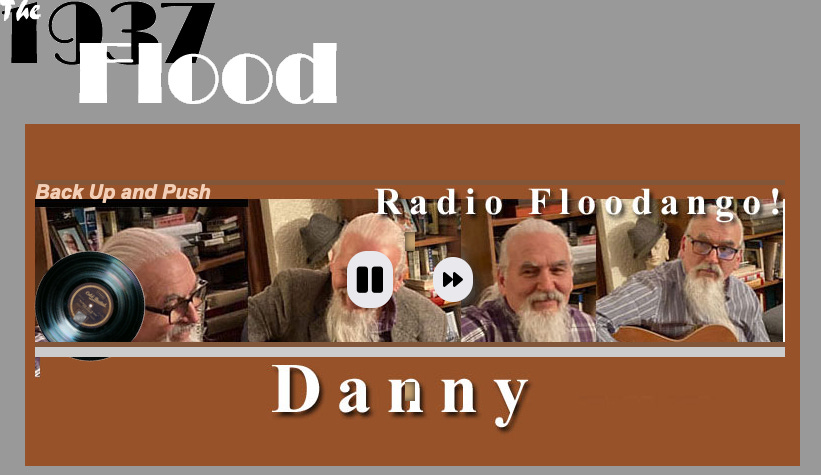









Share this post